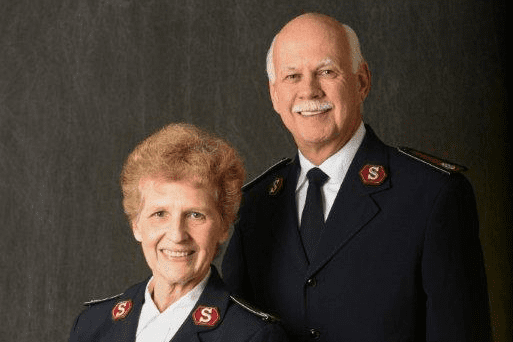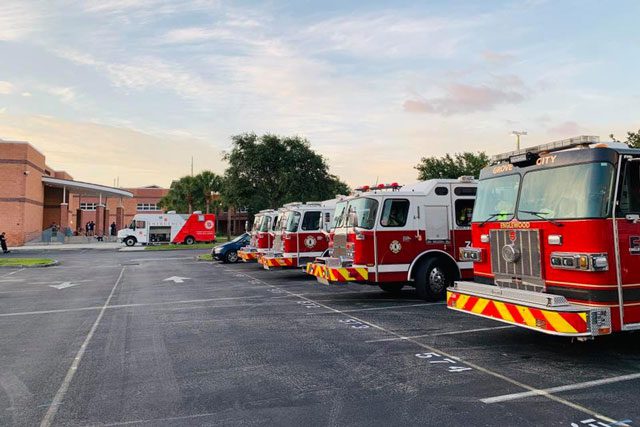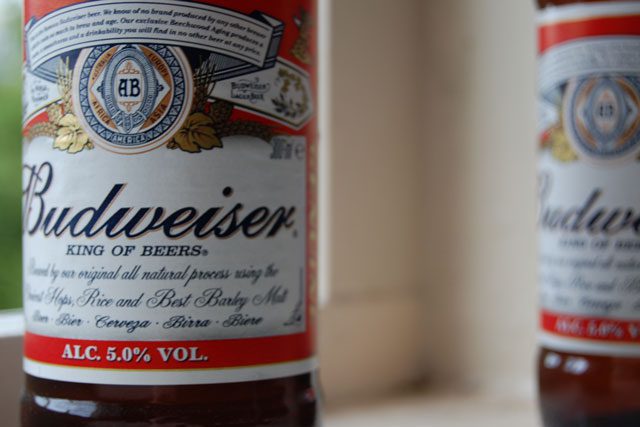Serious Issues Facing Army
by Robert Docter –
Commissioner Robert Watson, national commander of The Salvation Army, identified a number of significant issues facing the Army in the future which he believed would constitute the agenda of the 39 member National Advisory Board at its winter meeting in Palm Springs, CA.
“The Board and the members of the Commissioners’ Conference will be looking at planning strategies to assist the Army to confront major long-range policy matters which will face us over the next three to five years,” Watson said in an exclusive interview with New Frontier just prior to the meetings.
Watson identified three key planning areas the Board will tackle under the leadership of its chair, Steven S. Reinemund, chairman and CEO of Frito-Lay, Inc. “The first issue will undoubtedly be the impact of welfare reform both on people in need and on private charities like the Army. Change is overdue,” Watson said. “In many ways it is very encouraging, but there are some serious cautions to be studied. We don’t know, for instance, how this is going to shake down at the local and state levels. We must be careful about those in need dropping through safety nets. I believe the Army is well positioned to work with states and counties in these kinds of matters, and that we are facing a great opportunity.”
A second important area Watson identified has to do with financial resources–both within the community and from our own soldiery. “We face declining support from United Way–now below 7% nationally,” He stated that relationships with United Way nationally are very good, but he recognized that some tensions exist in a number of local communities. He noted, for instance, that the Army in Washington, D.C., where national headquarters is located, had recently withdrawn from the United Way.
“We encounter declining income in the face of increased need while simultaneously experiencing a tremendous increase in competition for the donor dollar. But I’m not pessimistic,” he stated firmly. “As we are true to our mission and as we articulate to the public who we are and what we are about, we always receive great support. We have been identified as ‘America’s favorite charity,’ and we must maintain the high standards of accountability with which people credit us.”
The third area of concern Watson noted was the challenge of explaining what the Army is all about to the general public. “We’ve been reluctant to be overly aggressive with the media, because we are firmly convinced that the Lord will care for us if we continue to be in his will. Nevertheless, we must be contemporary,” he said.
“We will be receiving some preliminary reports concerning the impact of the national radio spot announcement and print media campaign designed to elevate awareness of the Army which was sponsored by the National Board during the 1996 Christmas season. We know it had a positive impact, but it’s too early to measure the results. There have been many valuable side effects of the campaign,” Watson noted, and identified the national Wal-Mart relationship and the Northwest Airlines relationship as examples.
Watson then examined the process of deliberation and action on recommendations by the National Advisory Board to the Commissioners’ Conference as well as defining roles of the territorial commanders in relation to the national office.
He observed that the U.S. Commissioners’ Conference is very unique in the Army world–the only group of its kind. Its membership includes the four territorial commanders, the four chief secretaries (second in command) along with the National Commander and the National Chief Secretary. The National Commander’s role is not vested with command authority. He acts as a convener of the Commissioners’ Conference and spokesperson for the Army on a national level. Watson expressed belief that there is an ongoing need for a strong national office. “We need each other,” he stated, “and the National Commander is responsible for convening the membership to discuss common policy issues. My approach,” Watson added, ” is one of partnership. The four territorial commanders can concentrate on Army development in each area of the country while the national office acts in a resource and helping role.”
In exploring the question of what happens if the Commissioners’ Conference fails to heed the advice of the National Advisory Board, Watson observed that the relationship is working very well. “The Board understands and accepts the Army’s mission, and they accept their own role in helping us work toward that mission. They are not a board of governors, but their advice is deeply valued. We work hard at communication. The Board wants to know what the Army needs, and Commissioners’ Conference members sit on every committee. We are not simply spectators. We are strongly involved in the deliberations right from the start.”
The 39 members of the National Advisory Board are selected with consideration given to geographical representation, professional disciplines, gender, age, and ethnicity. A nominating committee identifies prospective members to serve three-year terms.
Watson observed the national office provides the Army with a strong presence in the nation’s capital. “We have a strong role in relation to legislative development in a number of areas, and we are involved in shaping legislation in ways that allow us to be helpful, maintain the doctrine of separation between church and state, and still not compromise our mission.
Watson met recently with Elizabeth Dole, national president of the American Red Cross, and noted excellent relationships on the national level. “We have had some skirmishes on a number of local levels,” he said, “but things are positive with the national office. I’m very proud of Army folks across the country in the way they continue to be so effective in helping those in need when disaster strikes.”
Watson also met recently with the President of the United Nations General Assembly, as well as with members of the United States delegation. He stated that the national office is presently examining how the Army might strengthen its role with this world body.
In examining some internal issues, Watson recognized the importance of evaluating the way we assign officers to leadership roles. He expressed concern that “we need to get younger people into positions of responsibility earlier, and we need to find ways to use the talent of lay persons and women officers–including married women officers–more effectively.”
He also noted there is a cross section of very strong younger officers involved with policy development on the various national commissions. In identifying Army goals for the next decade, he identified three. “We need to build the ‘body life’ of the Army, strengthen the laity, and facilitate improvement in the training of officers.”










